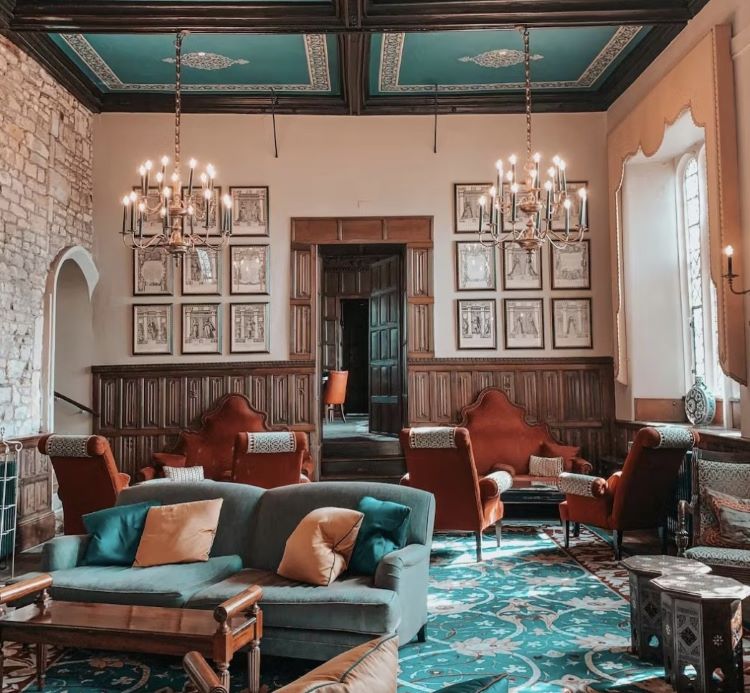While the FHRAI welcomes the government’s move to enhance limit of Emergency Credit Line Guarantee Scheme (ECLGS) by `50,000 crore, it adds that the banks should lend to the hospitality sector this time around and the repayment tenure should be extended to at least by 5-7 years.
TT Bureau
The hospitality sector welcomes the Union Cabinet’s move to enhance the limit of Emergency Credit Line Guarantee Scheme (ECLGS) by `50,000 crore from `4.5 lakh crore to `5 lakh crore, with the additional amount being earmarked exclusively for enterprises in hospitality and related sectors. However, there are some issues that the Federation of Hotel & Restaurant Associations of India (FHRAI) points out.
Pradeep Shetty, Jt. Hon. Sec, FHRAI, says, “Liquidity has been a problem for us so availability of funds at a lower rate is appreciated. But we hope that the apathy of the banks do not continue. Although this scheme was available in the past, we have seen that more than 70 per cent of the banks were not extending it to our sector out of fear. The banks had downgraded the industry to a negative sector and lending was not happening. This issue needs to be ironed out this time around.”
These funds, he adds, can help the sector sustain operations. “There is a huge backlog of losses; there are challenges with manpower and establishments require refurbishments. The operational details are not out yet. We just have the salient features and we will have to wait for more clarifications from the government – whether this will be available immediately or it will take some time,” he says.
This benefit, however, is not extended across the board. “This is not a fund that is freely available, it is for those who have debt exposure as on March 2020. So if you had debt exposure of `50 crore at that time and or a turnover of `250 crore, that is where the eligibility is set. But this was another change that we had requested – that it should be made available regardless of debt. Because there are so many owners who did not have any debt at that time but because of the pandemic they now have so much debt,” Shetty explains.
From the bank’s point of view, they would want to lend money to entities where there is a reasonably good chance of getting their money back. “So they may have had their reasons for denying this industry, but the industry was still entitled to these funds. The entire concept behind this scheme was if you had a loan but you were not able to repay it, you could use this scheme to do that and restructure your loans, and also use it as working capital. But where this scheme lost out was that things did not end with one wave – there were multiple waves. So, those availed of this credit line in the first wave, couldn’t repay it because of the second wave, and so on. These disruptions have been tough for the industry as well as the lending institutions. Having said that, I think now is a time for banks to look at it from a positive perspective. I don’t expect banks to be apprehensive now about lending under the scheme,” Shetty says.
 TravTalk India Online Magazine
TravTalk India Online Magazine





